According to data analytics platform Statista, Vietnam's semiconductor market is expected to reach revenue of 24.46 billion USD by 2025, growing at an average rate of 13.73% per year and reaching a scale of 46.54 billion USD by 2030.
Attracting many technology "giants"
For Ho Chi Minh City, this locality soon identified the semiconductor industry as a strategic field with the orientation of becoming the leading semiconductor industrial center in the region and the world .
Reporting at the 2nd meeting of the National Steering Committee on Semiconductor Industry Development chaired by Prime Minister Pham Minh Chinh on August 4, Ms. Tran Thi Dieu Thuy, Vice Chairwoman of the Ho Chi Minh City People's Committee, said that the city has attracted a number of large technology corporations such as Intel, Samsung, Marvell, Renesas, Siemens EDA, Ampere Computing... In Ho Chi Minh City High-Tech Park (SHTP) alone, there are 37 electronics and microchip projects in operation with a total investment of more than 7.7 billion USD.
In recent times, Ho Chi Minh City has had many specific policies and actions to promote this sector. For example, in June 2025, the Ho Chi Minh City People's Committee signed a Memorandum of Understanding with Advanced Micro Devices, Inc. (AMD) - the world's leading semiconductor technology corporation. Accordingly, AMD will not only cooperate to improve capacity related to advanced technologies - such as artificial intelligence (AI) - for lecturers, students, staff, etc., but also fulfill commitments on the investment environment at SHTP.
Previously, the Ho Chi Minh City People's Committee issued a plan to implement the Vietnam Semiconductor Industry Development Strategy to 2030, with a vision to 2050, with specific goals. By 2030, the city will train at least 9,000 university-level or higher human resources to serve the semiconductor industry. At the same time, it will establish and develop at least 1 international-standard research and development (R&D) center in the semiconductor industry, core digital technologies such as AI, cloud computing, the Internet of Things, big data, blockchain, etc.
Notably, in early July 2025, working with Chairman of the Ho Chi Minh City People's Committee Nguyen Van Duoc, Ms. Sarah Kemp, Vice President of Global International Government Relations of Intel Corporation, pledged to support Ho Chi Minh City in soon achieving the goal of training 9,000 employees as planned above. Intel representative also proposed to organize an annual conference of Intel suppliers in Vietnam to attract investment and develop the domestic semiconductor ecosystem.
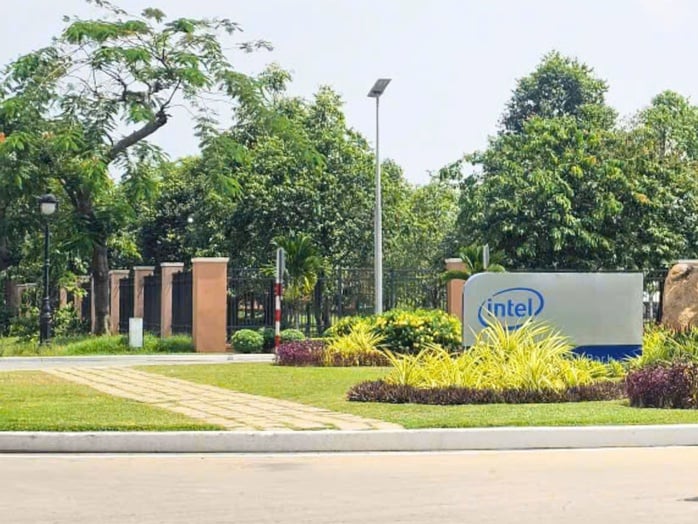
Ho Chi Minh City proposes that Intel Corporation continue to expand its investment and introduce more international technology corporations to operate in the city.
Need special incentive mechanism
Although attracting many large technology corporations to invest, Ho Chi Minh City also faces many barriers that prevent the semiconductor industry from making a breakthrough.
Vice Chairwoman of the Ho Chi Minh City People's Committee Tran Thi Dieu Thuy pointed out the limitations that are hindering the development of the semiconductor industry, including mechanisms and policies to attract experts that are not attractive enough; lack of specific mechanisms for large-scale projects; the licensing process for chip manufacturing projects is still slow compared to investors' needs...
Therefore, Ho Chi Minh City proposed that the Government submit to the National Assembly to amend and supplement Resolution 98/2023 on piloting special mechanisms and policies for the development of Ho Chi Minh City - with a 10-year personal income tax exemption mechanism for domestic and foreign experts working in Ho Chi Minh City in the semiconductor sector. The city also proposed to include chip manufacturing projects and large data centers in the priority list for attracting strategic investment, along with a "green channel" mechanism to minimize administrative procedures.
Regarding infrastructure, the Government is proposed to prioritize accelerating the approval of the project to expand the Ho Chi Minh City High-Tech Park and build the Digital Technology Industrial Park to create clean land, ready to receive large investment projects. Regarding credit, Ho Chi Minh City recommends that the Government have a special incentive mechanism specifically for domestic enterprises investing in chip design, semiconductor material production and supporting industries.
According to Mr. Nguyen Phuc Vinh, Vice President of the Ho Chi Minh City Semiconductor Industry Association (HSIA), semiconductor enterprises are mainly doing well in the design, packaging and testing stages. Meanwhile, the electricity and water infrastructure has not met the standards for semiconductor chip production - a field that requires stable power sources, ultra-clean water and specialized chemical treatment systems. Not to mention, Ho Chi Minh City lacks a team of experts and laboratories that meet international standards to serve training and in-depth research. Based on the above reality, the Vice President of HSIA proposed to establish a national semiconductor laboratory at Ho Chi Minh City National University; implement many preferential investment policies, financial support, attract experts and build a shared laboratory system.
According to Mr. Vinh, Ho Chi Minh City needs to carry out well the tasks in the plan to implement the Vietnam Semiconductor Industry Development Strategy to 2030, with a vision to 2050. Specifically, attracting 20 investment projects in the semiconductor sector at SHTP and Quang Trung Software Park; supporting the implementation of at least 10 projects to create 20 prototype products; supporting 60 start-ups in the semiconductor and core digital technology sectors...
Source: https://nld.com.vn/be-phong-cho-nganh-ban-dan-tai-tp-hcm-196250805210949491.htm


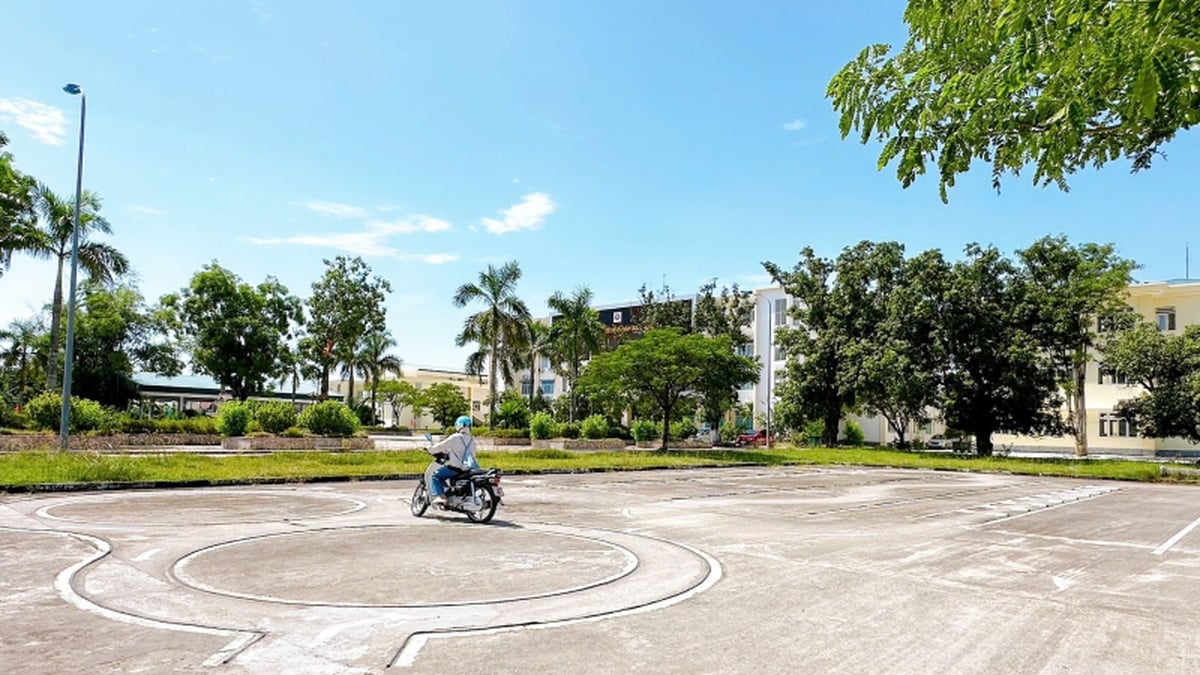



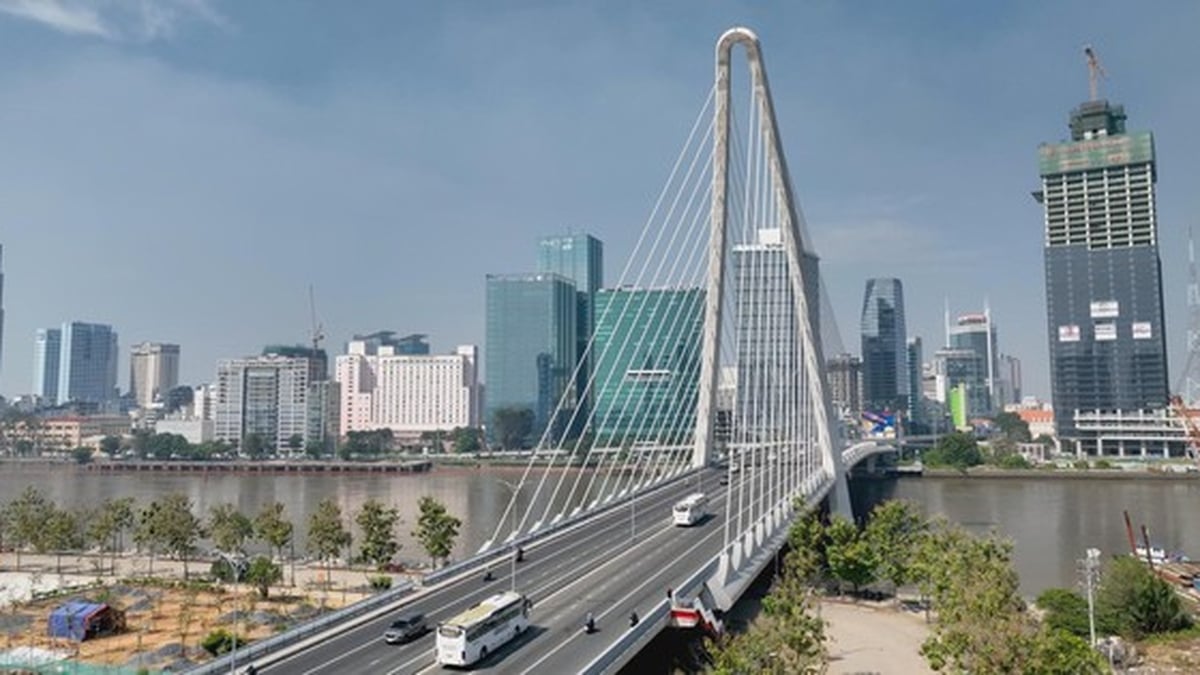


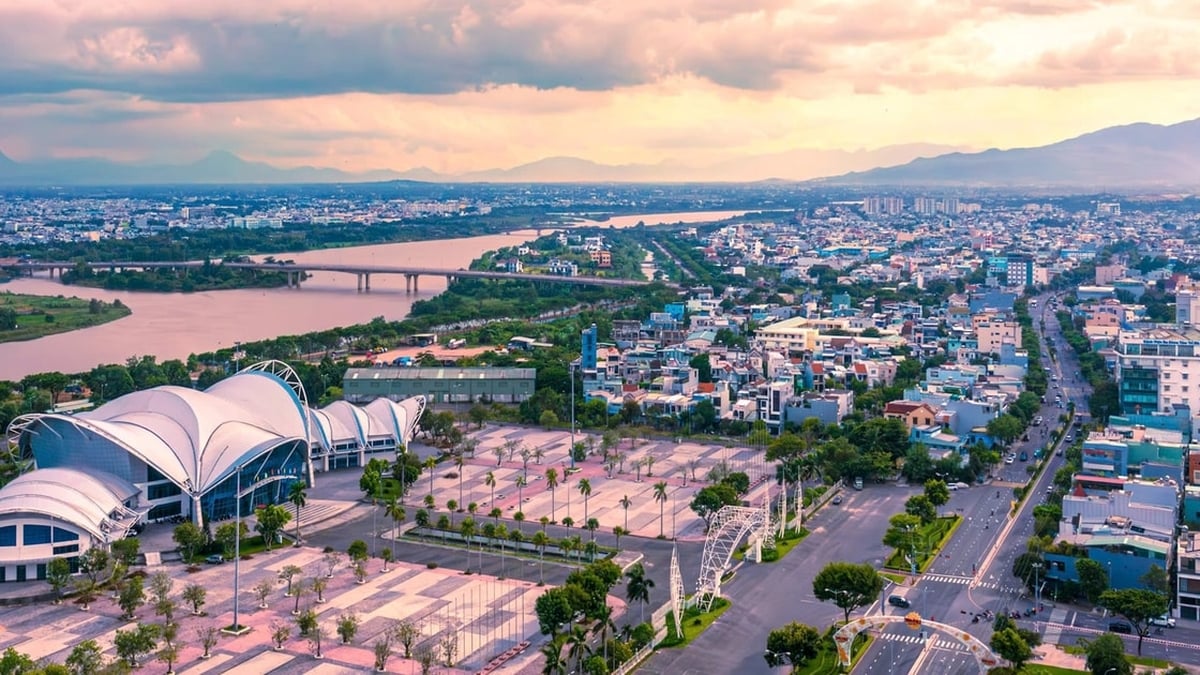
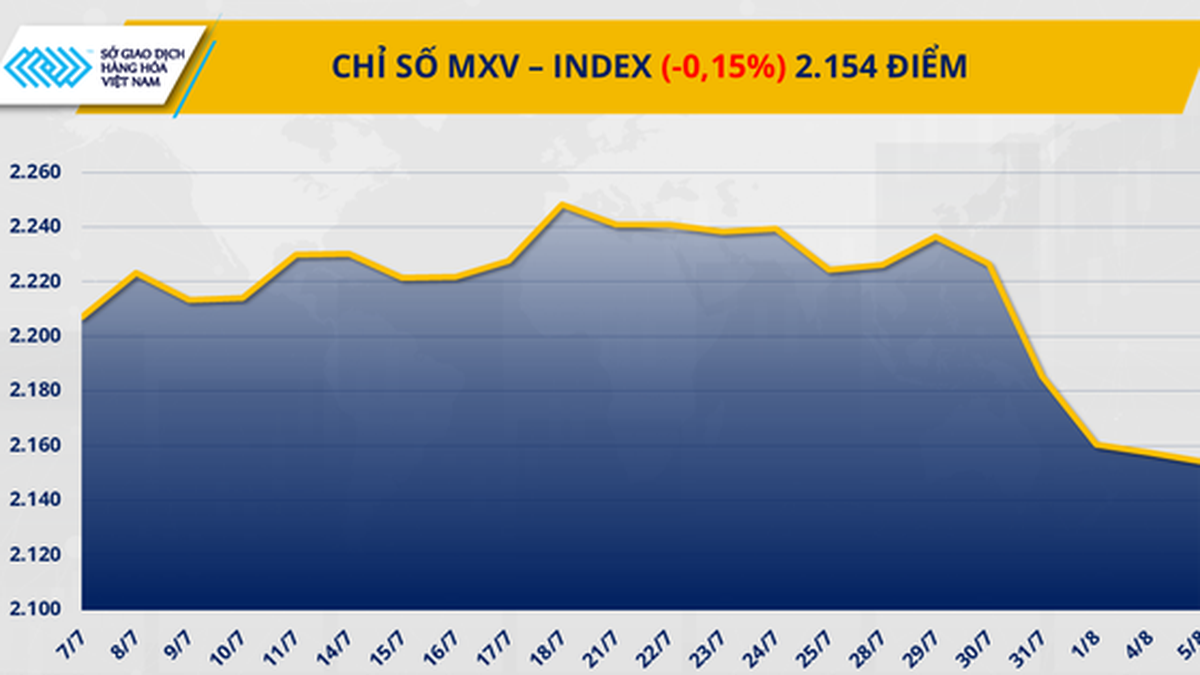












![[Photo] Nghe An: Provincial Road 543D seriously eroded due to floods](https://vphoto.vietnam.vn/thumb/1200x675/vietnam/resource/IMAGE/2025/8/5/5759d3837c26428799f6d929fa274493)
































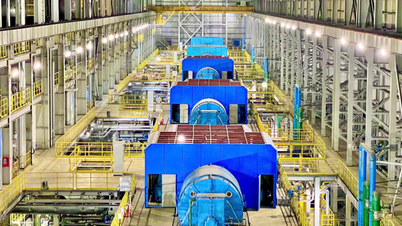

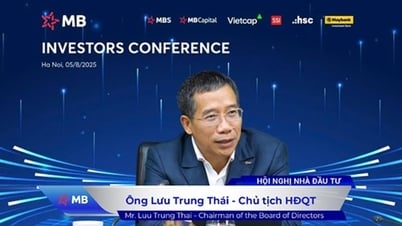

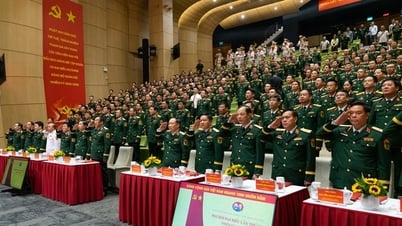
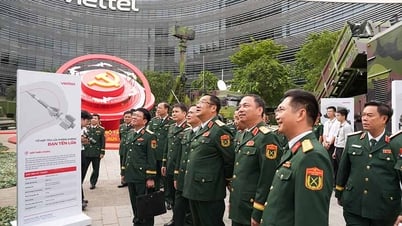
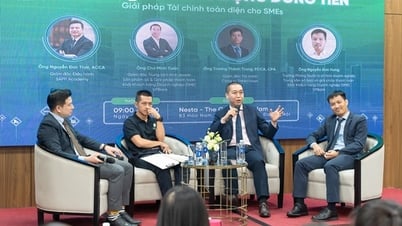






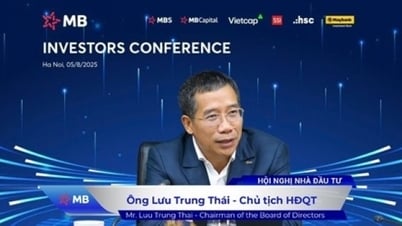

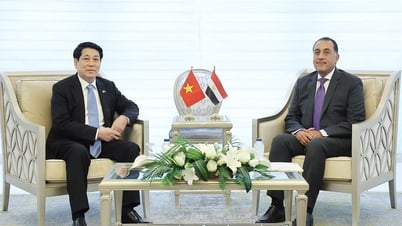

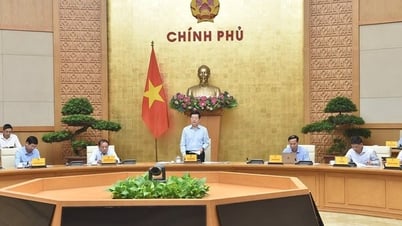


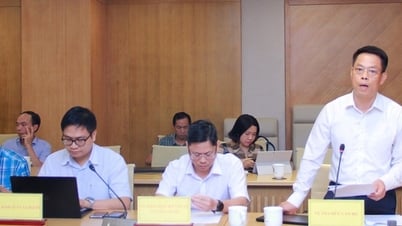

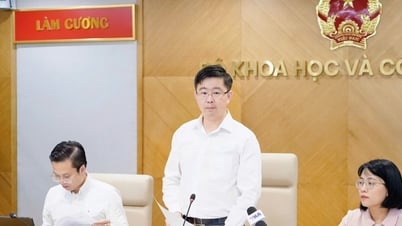

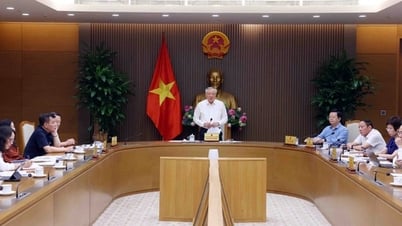






















Comment (0)